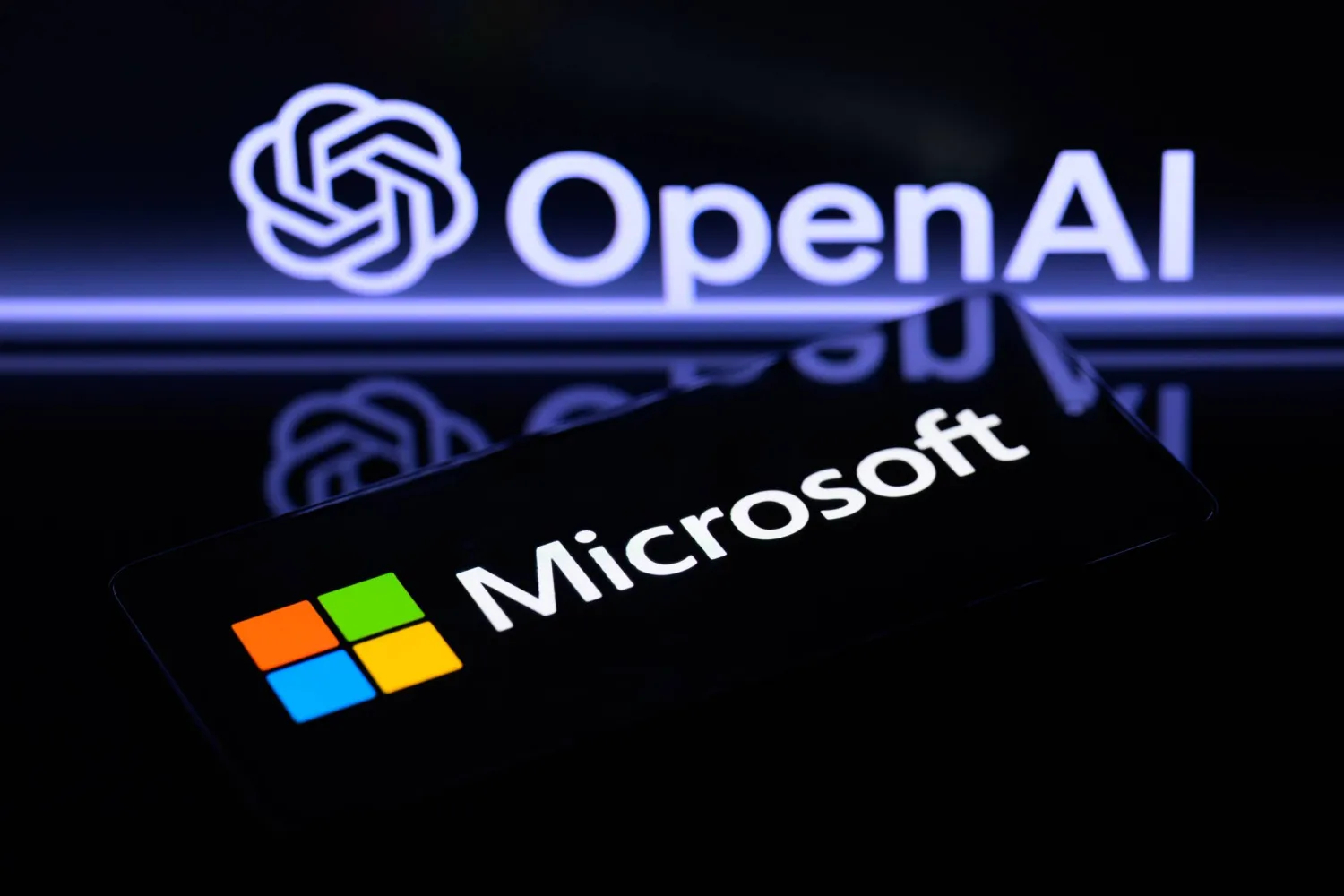Over the next two weeks, the quarterly results of Big Tech giants will offer a glimpse on the bankability of artificial intelligence and whether the major investments AI requires are sustainable for the long haul.
Analysts at Wedbush Securities, one of Wall Street’s biggest believers in AI’s potential, expect "growth and earnings to accelerate with the AI revolution and the wave of transformation" it is causing.
The market generally agrees with this rosy AI narrative. Analysts forecast double-digit growth for heavyweights Microsoft and Google, in contrast to Apple, a latecomer to the AI party, with only three percent growth expected.
The iPhone maker, which releases its results on August 1, unveiled its new Apple Intelligence system only last month and plans to roll it out gradually over the next months, and only on the latest models.
CFRA analyst Angelo Zino believes that the impact of these new features will not be felt until the iPhone 16 launches in September, the first to feature the new AI powers built-in across all options.
But he expects Apple's upcoming earnings to show improvement in China sales, a black spot since last year.
"Apple’s forecasts for the current quarter will be important" in assessing the company's momentum, said Zino.
But "if there's one that we were maybe a little bit more concerned about, versus the others, it would be Meta," he said.
He pointed out that Mark Zuckerberg's company raised its investment projections last April as it devoted a few billion dollars more on the chips, servers and data centers needed to develop generative AI.
CFRA expects Meta's growth to decelerate through the end of the year. Combined with the expected increase in spending on AI, that should put earnings under pressure.
As for the earnings of cloud giants Microsoft (July 30) and Amazon (August 1), "we expect them to continue to report very good results, in line with or better than market expectations," said Zino.
'Crucial' bet
Microsoft is among the best positioned to monetize generative AI, having moved the fastest to implement it across all its products, and pouring $13 billion into OpenAI, the startup stalwart behind ChatGPT.
Winning the big bet on AI is "crucial" for the group, said Jeremy Goldman of Emarketer, "but the market is willing to give them a level of patience."
The AI frenzy has helped Microsoft's cloud computing business grow in the double digits, something that analysts said could be hard to sustain.
"This type of growth cannot hold forever, but the synergies between cloud and AI make it more likely that Microsoft holds onto reliable cloud growth for some time to come," Goldman said.
As for Amazon, "investors will want to see that the reacceleration of growth over the first quarter wasn’t a one-off" at AWS, the company’s world-leading cloud business, said Matt Britzman of Hargreaves Lansdown.
Since AWS leads "in everything data-related, it should be well placed to capture a huge chunk of the demand coming from the AI wave," he added.
The picture "might be a little less clear" for Google parent Alphabet, which will be the first to publish results on Tuesday, "because of their search business" online, warned Zino.
"Skepticism around AI Overviews," introduced by Google in mid-May, "is certainly justified," said Emarketer analyst Evelyn Mitchell-Wolf.
This new feature, which offers a written text at the top of results in a Google search, ahead of the traditional links to sites, got off to a rocky start.
Internet users were quick to report strange, or potentially dangerous, answers proposed by the feature that had been touted by Google executives as the future direction of search.
According to data from BrightEdge, relayed by Search Engine Land, the number of searches presenting a result generated by AI Overviews has plummeted in recent weeks as Google shies away from the feature.
Still, many are concerned about the evolution of advertising across the internet if Google pushes on with the Overviews model, which reduces the necessity of clicking into links. Content creators, primarily the media, fear a collapse in revenues.
But for Emarketer's Mitchell-Wolf, "as long as Google maintains its status as the default search engine across most smartphones and major browsers, it will continue to be the top destination for search, and the top destination for search ad spending."









